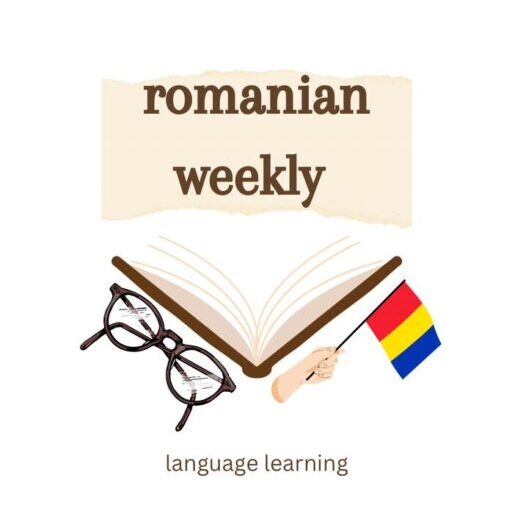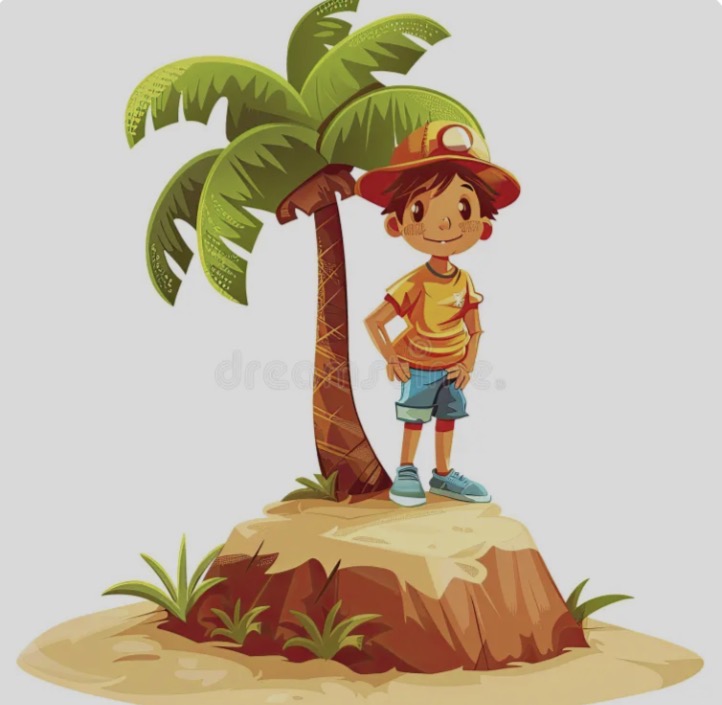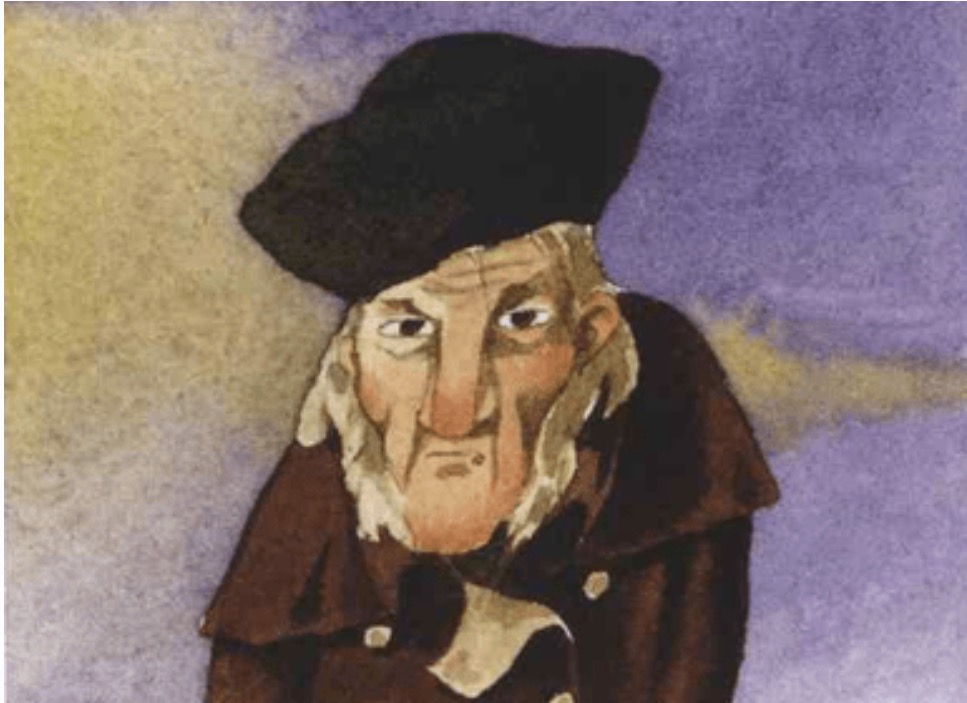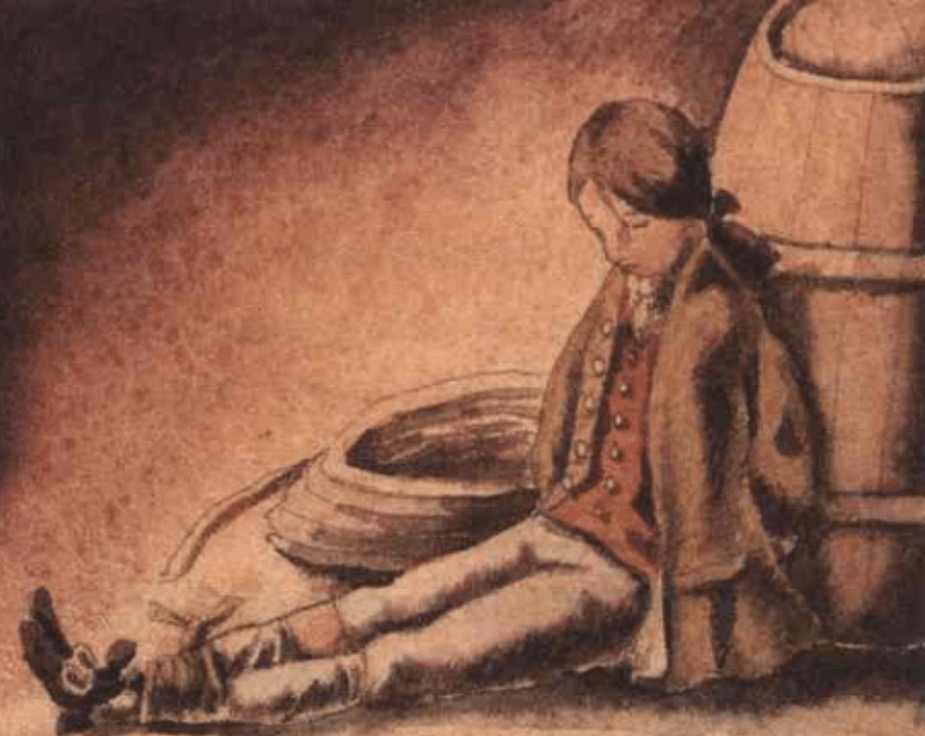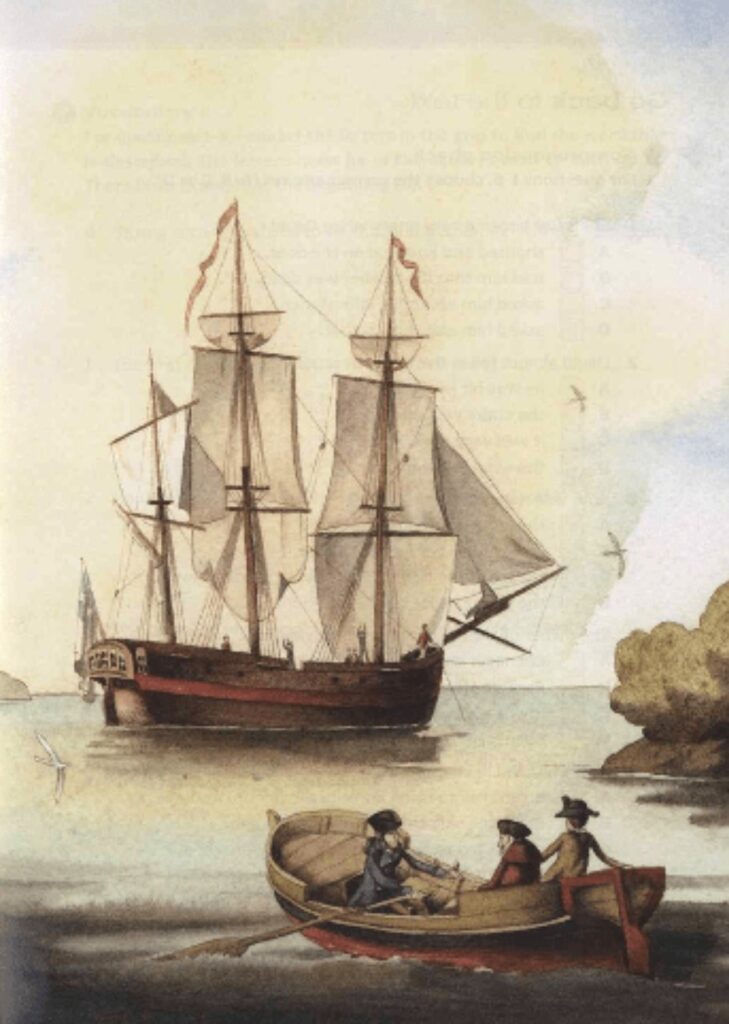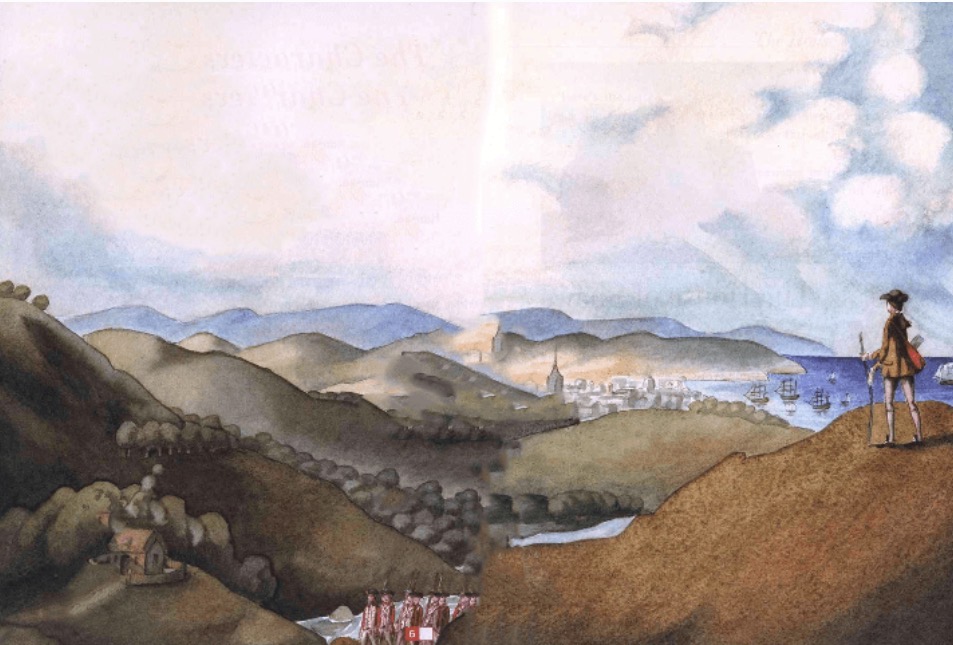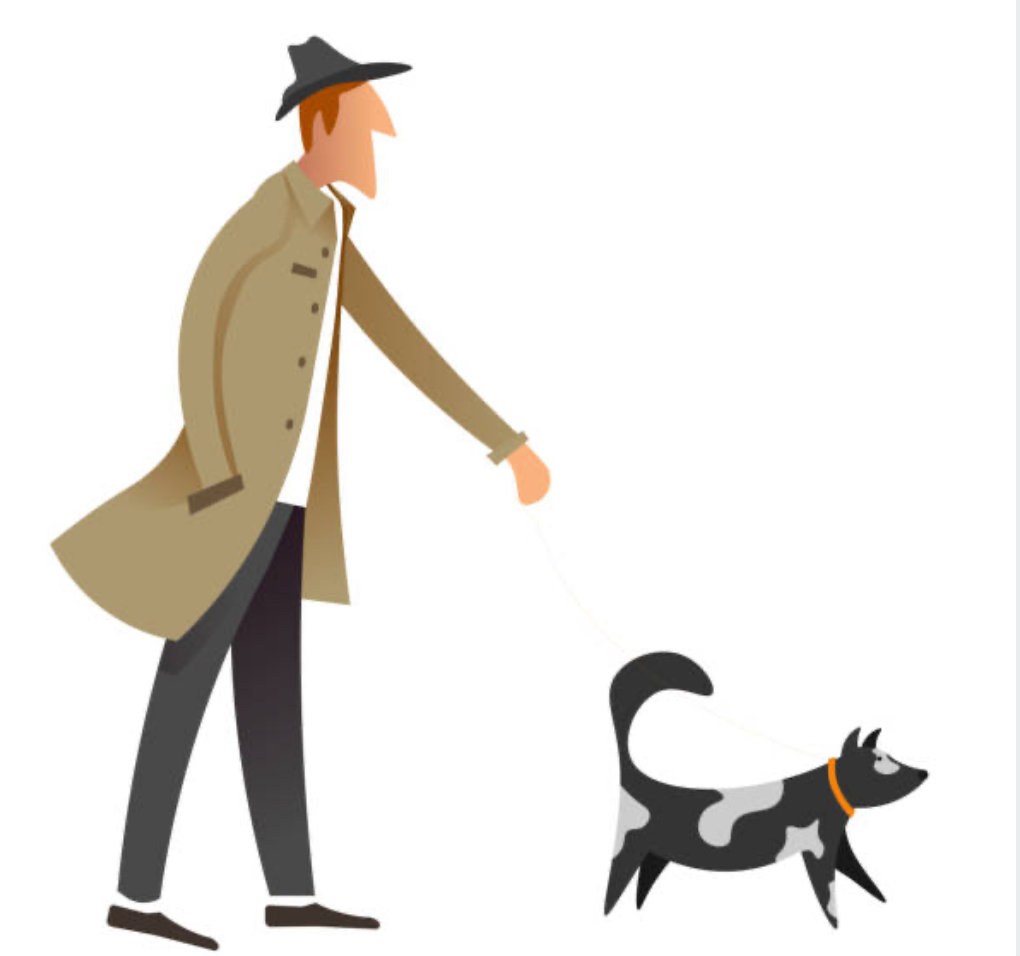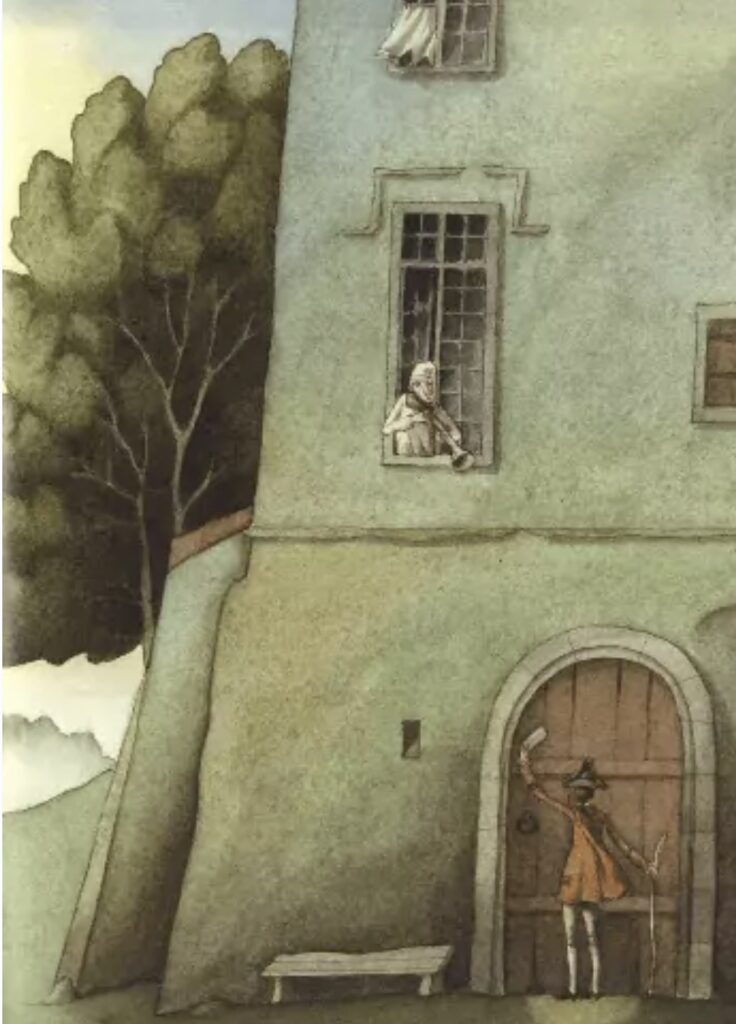
de Robert Louis Stevenson
Acum eram mai bine și eram nerăbdător să mă întorc la Edinburgh. Totuși, aveam foarte puțini bani și trebuia să ne mișcăm repede. Cu greu am trecut râul Forth, dar Alan a găsit o barcă ce ne-a dus până la Queensferry. Dimineața, m-am despărțit de el și am plecat să-l caut pe avocatul Rankeillor, singurul care mă putea ajuta cu moștenirea mea și cu povestea răpirii pe corabia Covenant. Trebuia să ne întâlnim seara din nou.
La Queensferry eram plin de îndoieli, dar în final am găsit casa avocatului chiar în momentul când ieșea pe ușă. Când i-am spus numele meu, a fost foarte surprins. În casa lui, i-am povestit totul: despre tata, unchiul meu Ebenezer și planul de a mă trimite ca sclav în America. El mi-a explicat că tatăl meu și unchiul meu se certaseră pentru aceeași femeie și, în final, unul primise casa, iar celălalt femeia — o alegere nefericită pentru toți.
Domnul Rankeillor a spus că, după lege, moștenirea îmi aparține, dar că unchiul meu va încerca să mă oprească. Trebuia să demonstrăm că el plătise pentru răpirea mea. Am făcut un plan împreună, iar avocatul a fost de acord.
Seara, am mers la Casa Shaws cu Alan. Eu și avocatul ne-am ascuns, iar Alan a vorbit cu unchiul meu, spunându-i că poate „scăpa” de mine pentru bani. Unchiul, panicat, a recunoscut că îi plătise căpitanului Hoseason douăzeci de lire pentru a mă răpi. În acel moment, avocatul a ieșit și l-a obligat să admită totul.
Așa am primit, în sfârșit, Casa Shaws și drepturile mele. Era momentul ca Alan să plece spre Franța. Am mers o vreme în tăcere, amândoi triști. I-am dat câțiva bani ca să poată continua drumul. Apoi ne-am îmbrățișat și ne-am spus adio. El a plecat, iar eu m-am întors spre noua mea viață, știind că prietenia noastră fusese cea mai mare avere din toată aventura.
Povestea in Engleză pe YouTube:
Ascultă la podcast aici:
